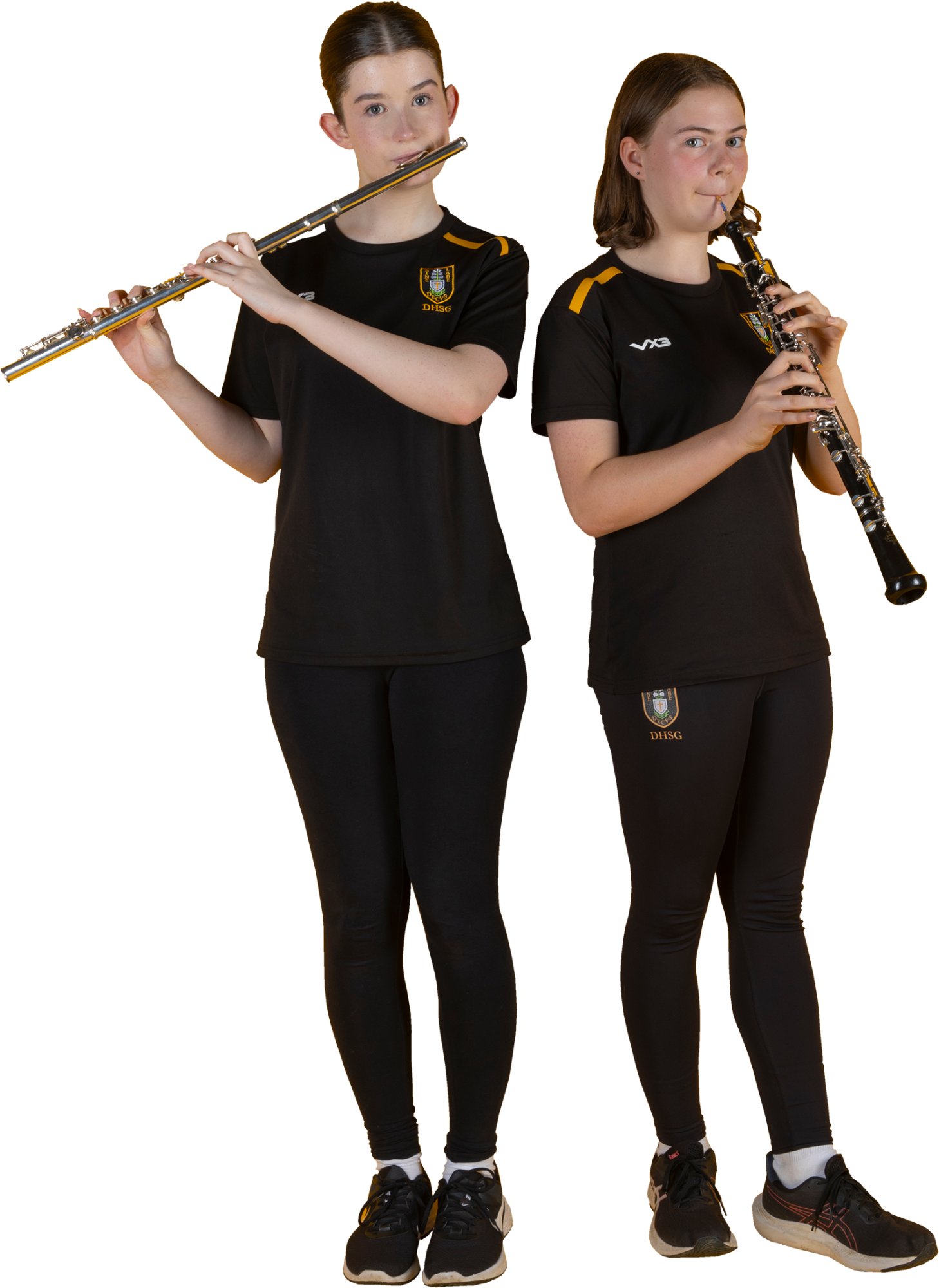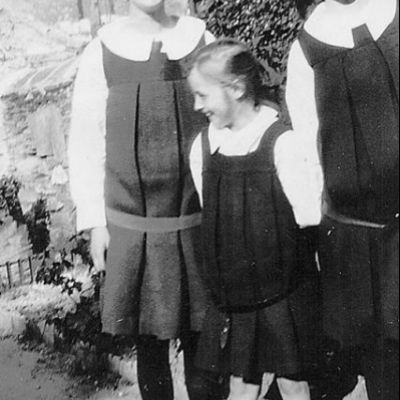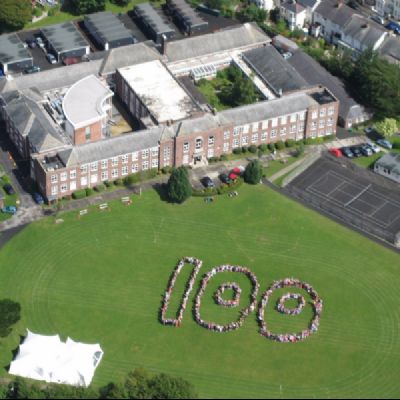History
History
The History Dissertation on "Devonport High School for Girls: How did education for girls change between 1930 and 1950?" was researched and written by Amber Moss in her final year studying BA Hons in History at Bath Spa University, graduating in 2008.
A former student of DHSG, she spent considerable time in her final year looking through the archives, talking to staff and contacting former students. We are fortunate that she has agreed to share her dissertation with us and have it included in the school archives. Amber is now happily teaching in a primary school in Bath.







